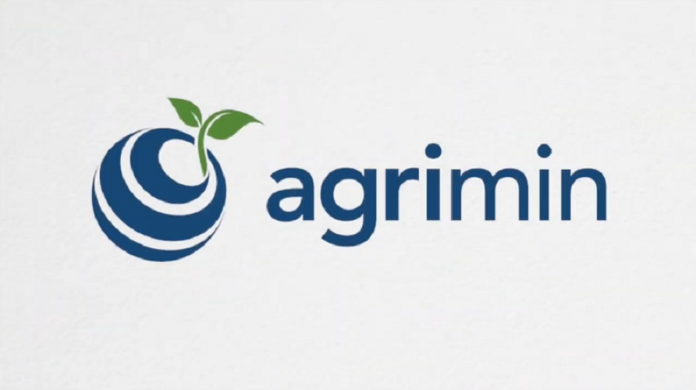
Mineral fertiliser company Agrimin Limited has been granted Major Project Status for its Mackay Potash Project, which will extract potash minerals from Lake Mackay – the world’s largest undeveloped potash-bearing salt lake.
Located in Western Australia, approximately 785 kilometres south of the Port of Wyndham, the project will produce up to 426,000 tonnes of premium Sulphate of Potash (SOP) fertiliser per annum over its 20-year life.
Minister for Industry, Science and Technology Karen Andrews said the projected output will make the project one of the largest global suppliers of SOP fertiliser, generating estimated annual sales revenue of $315 million.
“The project will create approximately 300 jobs during construction and 200 jobs during operations, and is estimated to support more than 600 jobs through the broader region and supply chain,” Minister Andrews continued.
“New jobs and more revenue for the sector will be crucial as the economy continues to deal with and recover from the effects of COVID-19.
“Value-adding to our critical minerals offers Australia huge economic opportunities but given this fertiliser is used extensively by our farmers, it can also further strengthen our sovereign capability.”
Minister for Resources, Water and Northern Australia Keith Pitt said the project will enable Agrimin to capitalise on the growing international demand for Australia’s critical minerals.
“Potash is recognised as a critical mineral in the United States and is important to other countries around the world,” Minister Pitt said added.
“Overseas markets represent growing opportunities for Australia’s critical minerals, especially as they look to build their industry capabilities.”
Federal Member for Durack Melissa Price said the project will provide a significant boost for one of the most remote regions of the country.
“This project will contribute to the livelihoods of those living in Kiwirrkurra and surrounds, with the creation of a sealed road, sealed airstrip and improved communications,” Ms Price said.
“It will decrease travel times and increase the connectivity of remote Indigenous towns with larger centres, improving the ability of Indigenous people to access key services.”




















